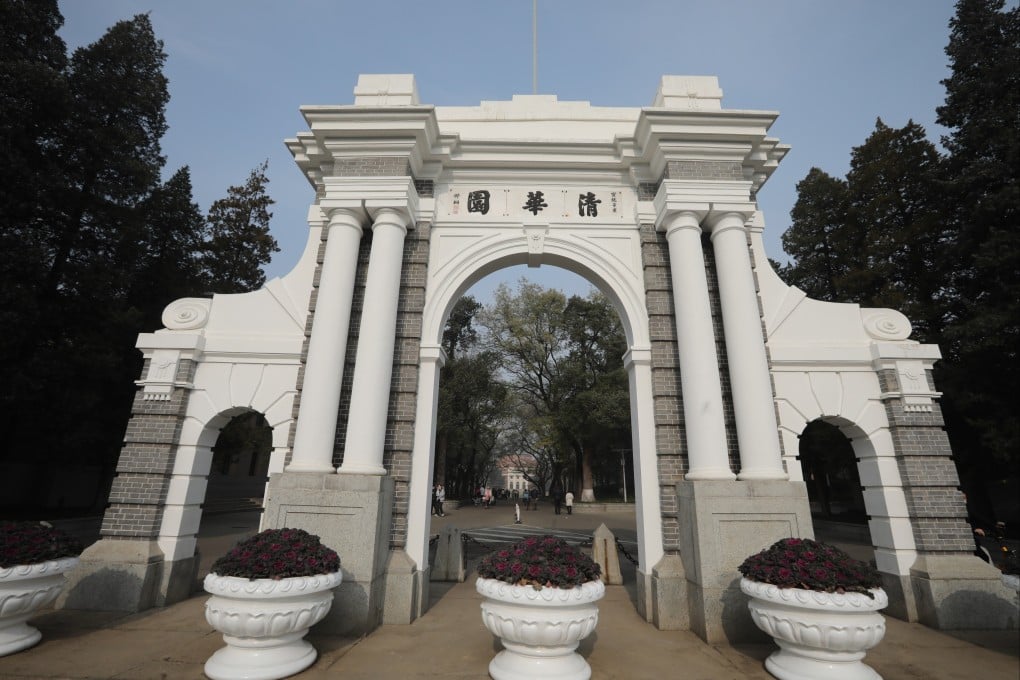Opinion | China’s smartest students are ditching finance for tech, and prefer state jobs over the private sector
- At Tsinghua, only 12.2 per cent of graduates landed jobs in banking, securities and insurance in 2021, compared with 22 per cent who opted for IT and software
- Students from the top schools are also less willing to study abroad or join the private sector

The job choices of graduates from China’s top two prestigious universities, Tsinghua University and the Peking University, are often seen as an indicator for the direction of the whole country.
According to the latest job reports on graduates from both schools, China’s top students are reconsidering their employment destinations, in a similar fashion to US students picking Silicon Valley over Wall Street.
In one noticeable change last year, finance lost favour. At Tsinghua, only 12.2 per cent of graduates landed jobs in banking, securities and insurance in 2021, about half the 22 per cent who opted for information technology and software businesses.
It is the first time finance has dropped out of the top three sectors for Tsinghua graduates, according to data compiled by the school, which started tracking such trends in 2013. The situation is similar for Peking University graduates.
Students from the top schools are also less willing to study abroad or join the private sector. The percentage of new graduates seeking further education abroad has plunged amid Covid-19 travel disruptions and worsening China-US relations.
Only 6.9 per cent of Tsinghua graduates, or one in 15, chose to study abroad after their 2021 graduation, compared to 9.6 per cent in 2020. Last year’s figure is sharply down from the average figure of 16 per cent from 2013 to 2019, or one in every six new graduates.
At Peking University, the share of new graduates studying abroad dropped to 8.2 per cent in 2021 from 13.3 per cent in 2020 and 14.8 per cent in 2019.

